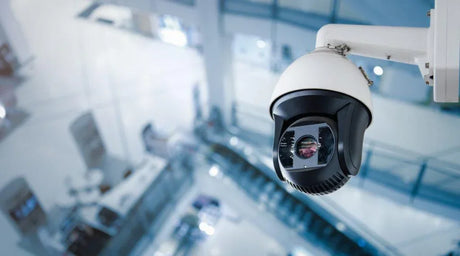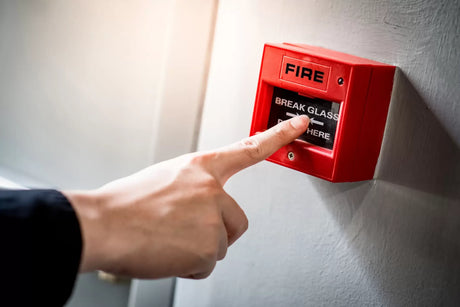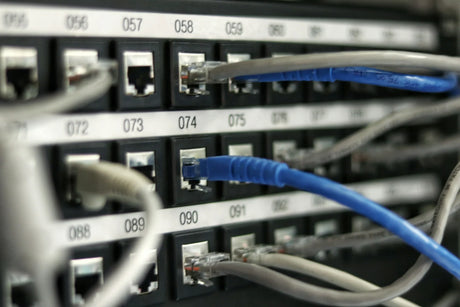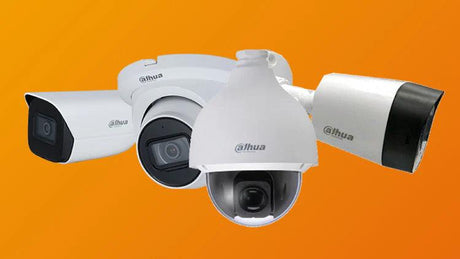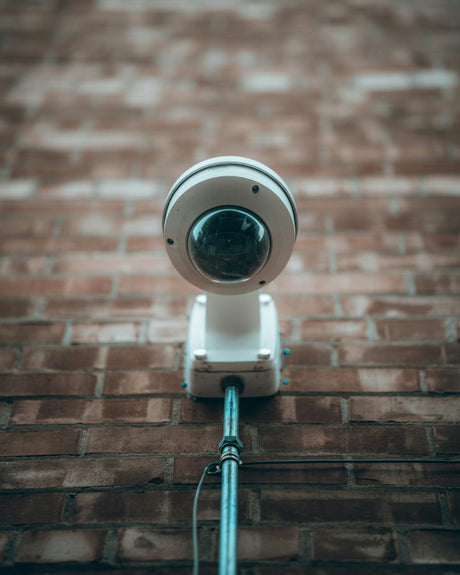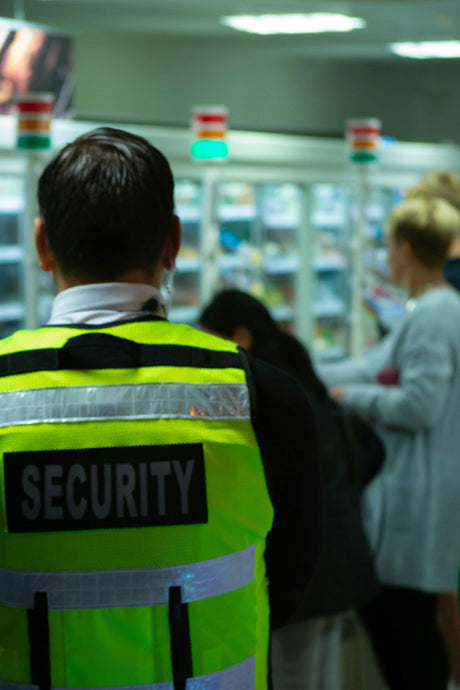Closed-Circuit Television (CCTV) systems have become an integral part of modern society, playing a crucial role in enhancing security and public safety. CCTV systems consist of cameras strategically placed in various locations to monitor and record activities. These systems provide numerous benefits that contribute to crime prevention, investigations, and overall peace of mind. In this article, we will explore the advantages of CCTV and how it has transformed the way we perceive security.
- Crime Deterrence: One of the primary benefits of CCTV is its ability to deter criminal activities. The presence of visible cameras in public places, residential areas, and commercial establishments acts as a powerful deterrent against potential criminals. Knowing they are being monitored reduces the likelihood of criminal acts, making individuals think twice before engaging in illegal activities. This proactive measure prevents crimes such as theft, vandalism, and assault, ensuring a safer environment for everyone.
- Enhanced Investigations: CCTV plays a critical role in post-incident investigations. The recorded footage from CCTV cameras serves as valuable evidence for law enforcement agencies and aids in identifying suspects, witnesses, and criminal activities. Investigators can analyze the footage to gather vital information, reconstruct events, and piece together a sequence of events accurately. This evidence can be instrumental in bringing criminals to justice, supporting legal proceedings, and ensuring a fair judicial system.
- Public Safety: CCTV systems contribute significantly to public safety, particularly in crowded places such as shopping malls, airports, and transportation hubs. These systems enable authorities to monitor large crowds, detect potential threats, and respond swiftly to any suspicious activities. By detecting and addressing security concerns promptly, CCTV helps prevent incidents that could endanger public safety. It also provides a sense of security, instilling confidence in the public and promoting a more harmonious society.
- Traffic Monitoring and Management: CCTV cameras are extensively used for traffic monitoring and management in urban areas. By capturing real-time footage of road conditions, these systems allow traffic authorities to identify congestion, accidents, or other anomalies promptly. This information helps in making informed decisions to optimize traffic flow, implement detours, and deploy emergency services more efficiently. As a result, CCTV contributes to reducing traffic congestion, enhancing road safety, and improving overall transportation efficiency.
- Employee and Customer Safety: CCTV systems are commonly employed in commercial establishments to ensure the safety of employees and customers. These cameras deter internal theft, discourage unruly behavior, and help maintain a secure work environment. By monitoring sensitive areas like cash registers, storage rooms, and entry points, CCTV discourages employees from engaging in dishonest practices. Furthermore, in the event of an emergency or incident, CCTV footage can aid in understanding the situation and responding appropriately.
- Remote Monitoring and Surveillance: Advancements in technology have enabled remote monitoring and surveillance through CCTV systems. This capability allows authorized personnel to monitor multiple locations from a centralized control room or even through mobile devices. Remote monitoring facilitates quick response times, as potential security threats can be identified and addressed in real-time. This feature is especially valuable in critical infrastructures, public spaces, and high-security zones where continuous monitoring is required.
- Evidence in Legal Proceedings: CCTV footage serves as valuable evidence in legal proceedings, ensuring the accuracy and fairness of justice. The recorded videos provide a visual record of events, helping to establish timelines, verify statements, and corroborate witness testimonies. This evidence can be crucial in courtrooms, arbitrations, and investigations, allowing for informed decision-making and the pursuit of justice.
- Prevention of False Claims: CCTV systems are instrumental in preventing false claims and disputes. In various contexts, such as insurance claims, workplace accidents, or public altercations, CCTV footage can provide an objective account of what transpired



